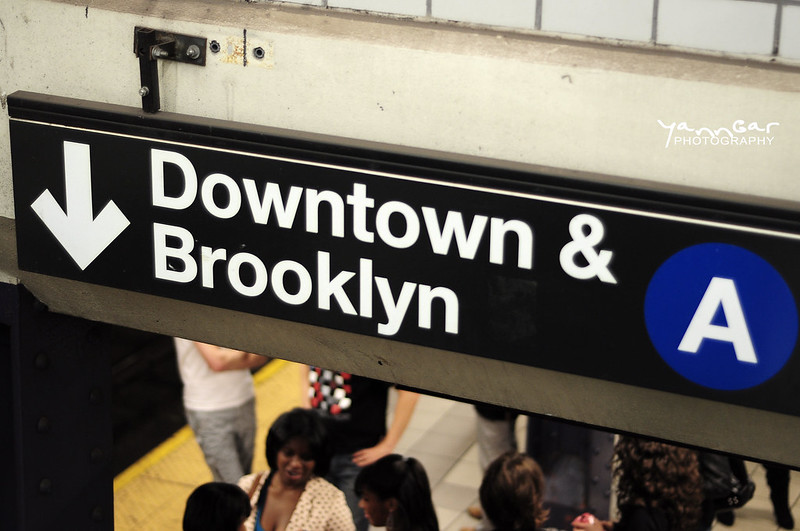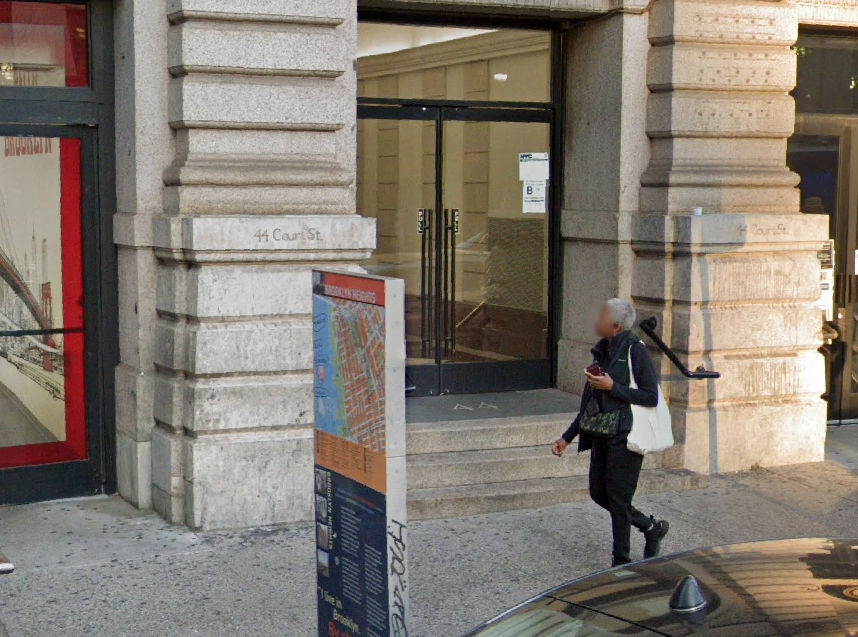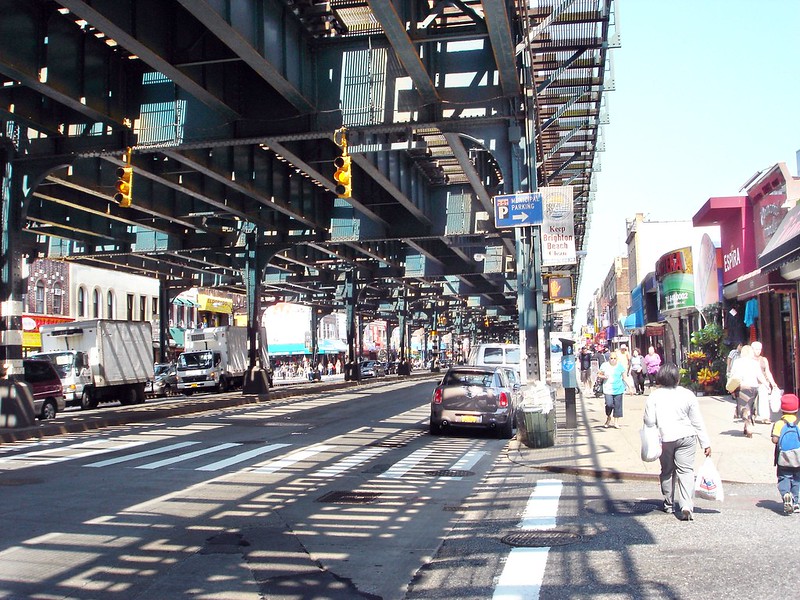Brooklyn Legal Services
Brooklyn Legal Services (BLS) helps thousands of low-income Brooklynites access justice each year—services they could not otherwise afford. Our passionate and skilled team of over 150 lawyers, paralegals, social workers, and support staff help clients across a broad range of free civil legal services. Our work spans from day-to-day representation in court, to civil rights complaints in state and federal agencies, to multi-year litigation and advocacy that fosters strong, equitable, and affordable communities.
Brooklyn Legal Services is entrenched in Brooklyn’s diverse neighborhoods and communities and partners with community organizations, small businesses, tenant associations, elected officials and many others to fight for real and lasting economic, racial, and social justice for marginalized communities across the borough.
For free legal help, call us at 917-661-4500 Monday through Friday from 9:30 a.m. to 4 p.m. Learn more about our intake process here.
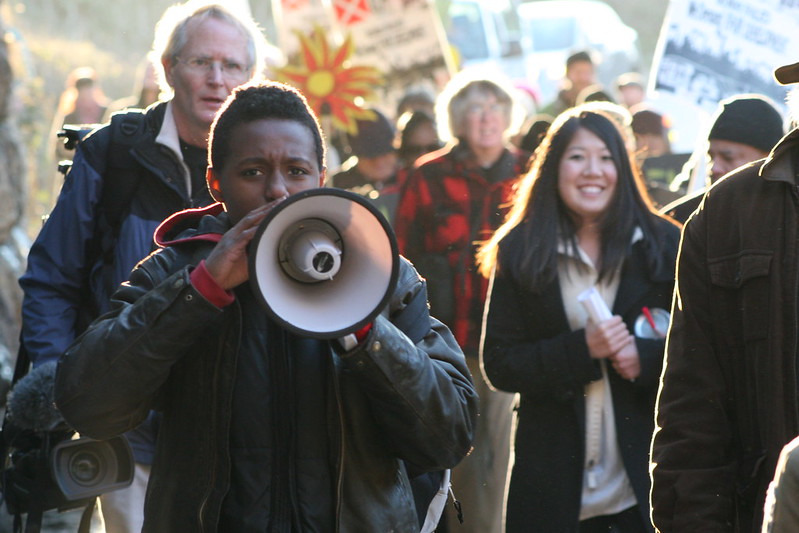
Locations
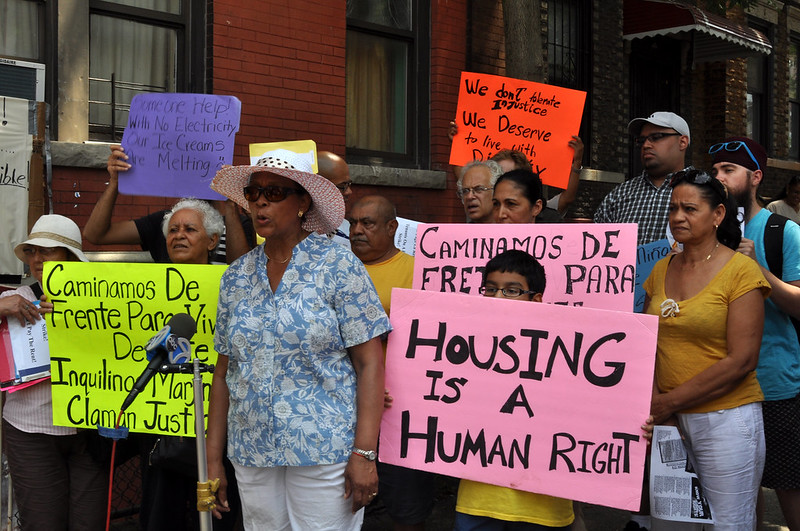
Tenant Rights Coalition
East New York/Brownsville
1709 St. Marks Avenue
Brooklyn, NY 11233
(718) 237-5500
Map
Leadership
Tanya Wong
Judge Betty Staton
Monica Corrine Moran
Get Involved in Brooklyn
If you have a partnership opportunity for Brooklyn Legal Services, email [email protected].
Brooklyn Legal Services is often hiring! Read through and apply for open positions and be a part of an amazing team that uplifts and empowers Brooklyn communities.
